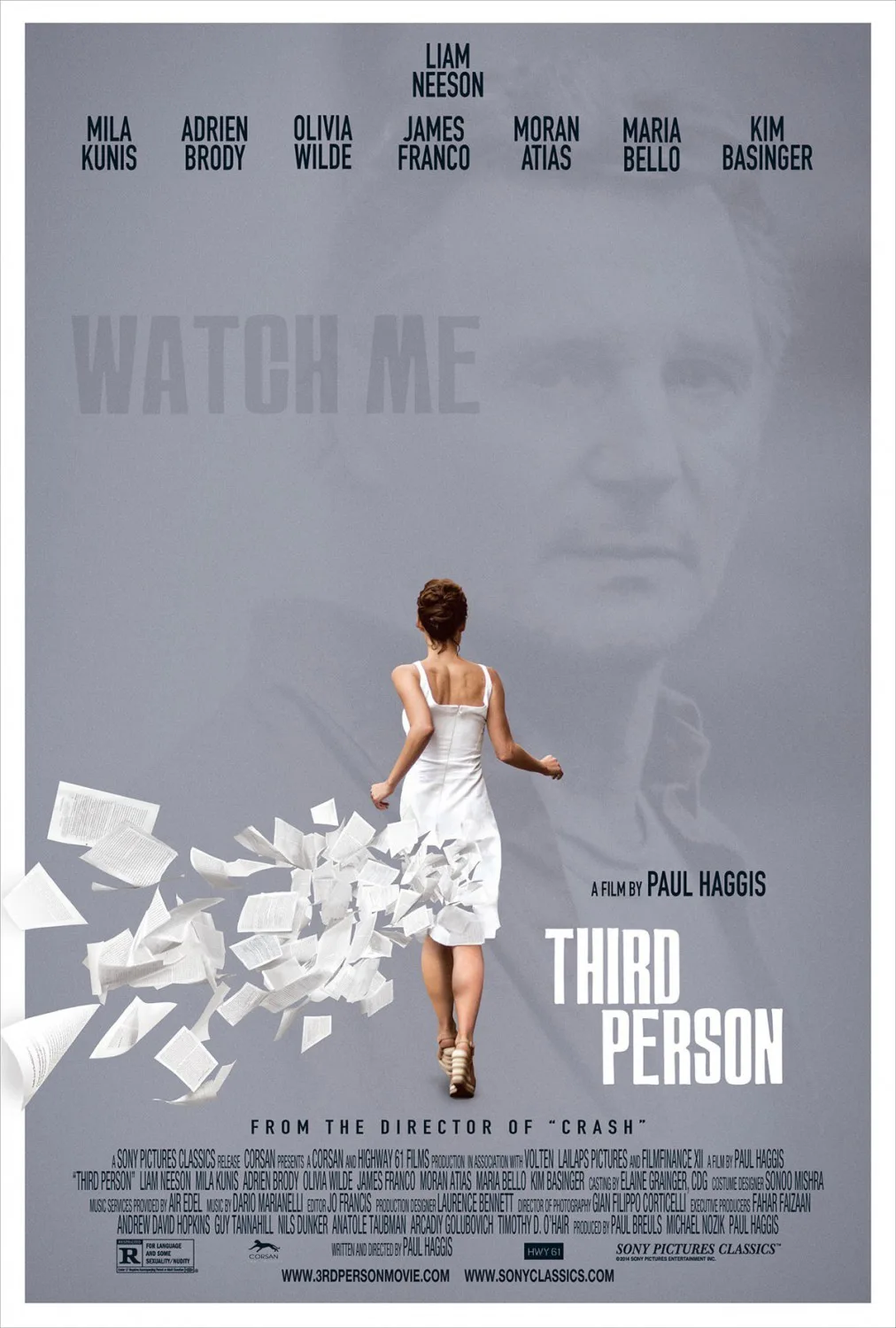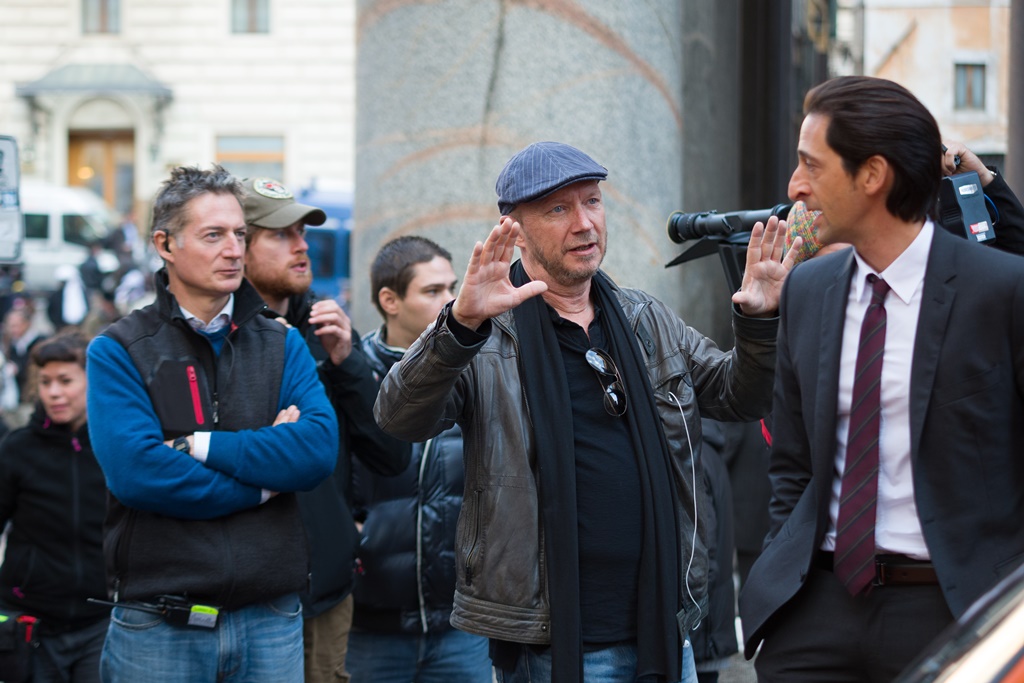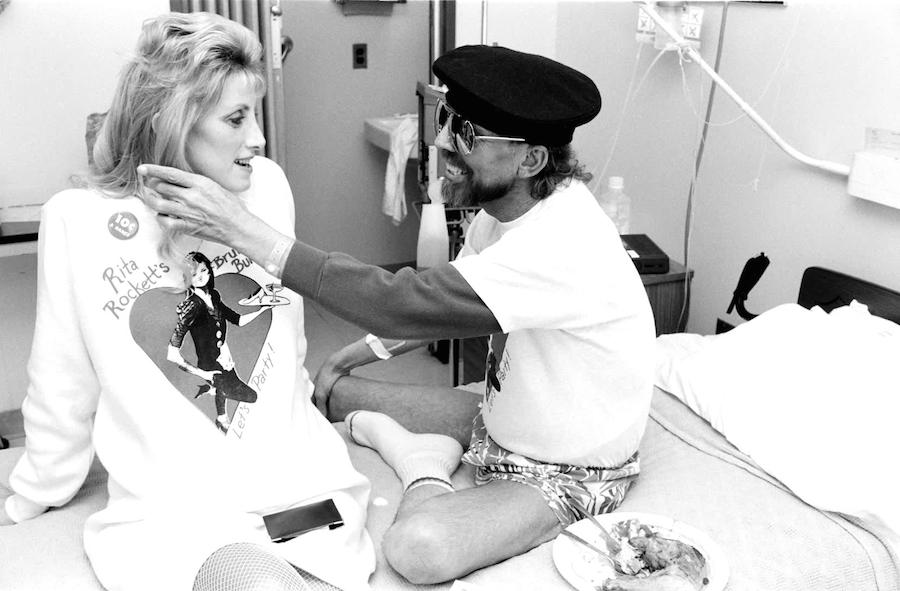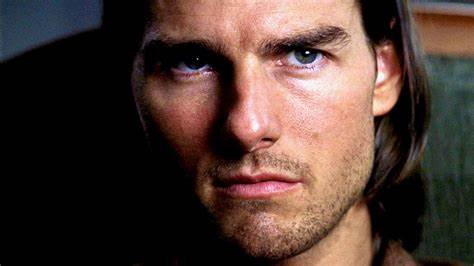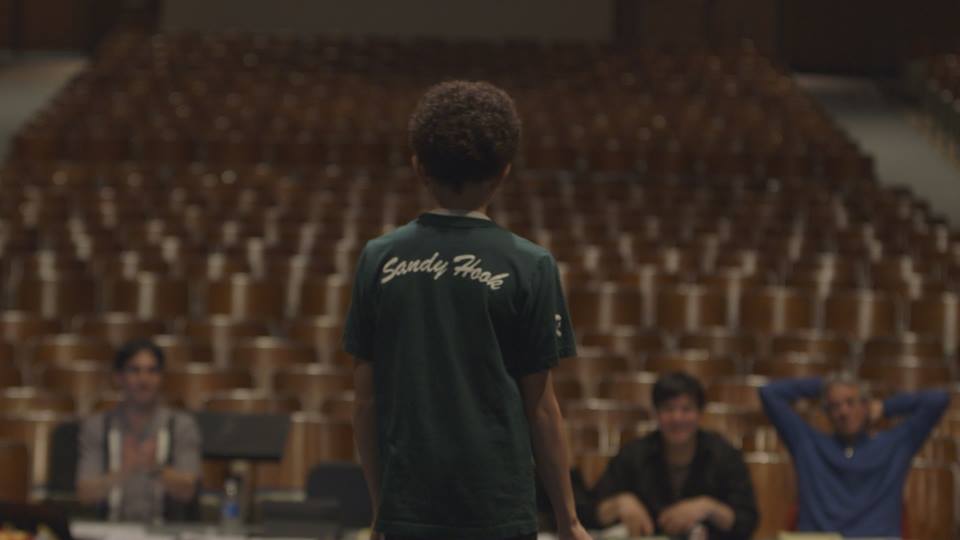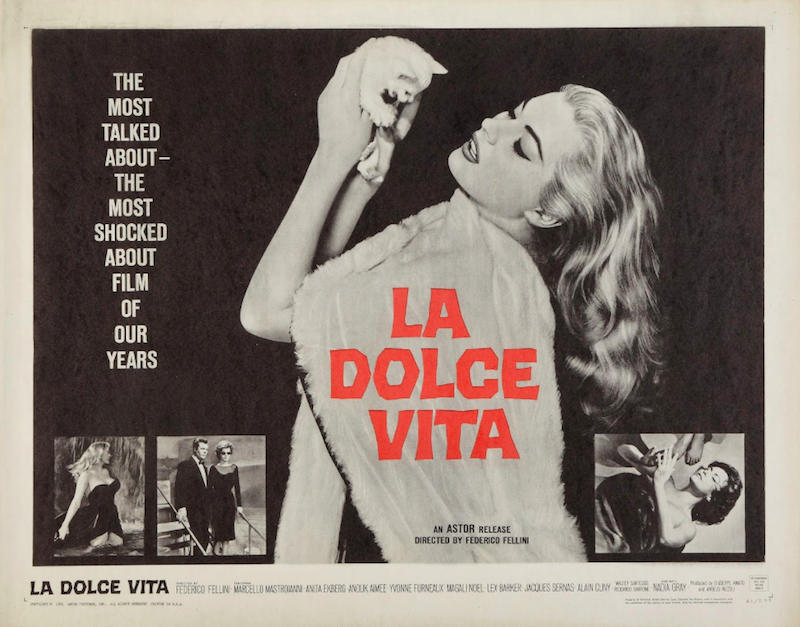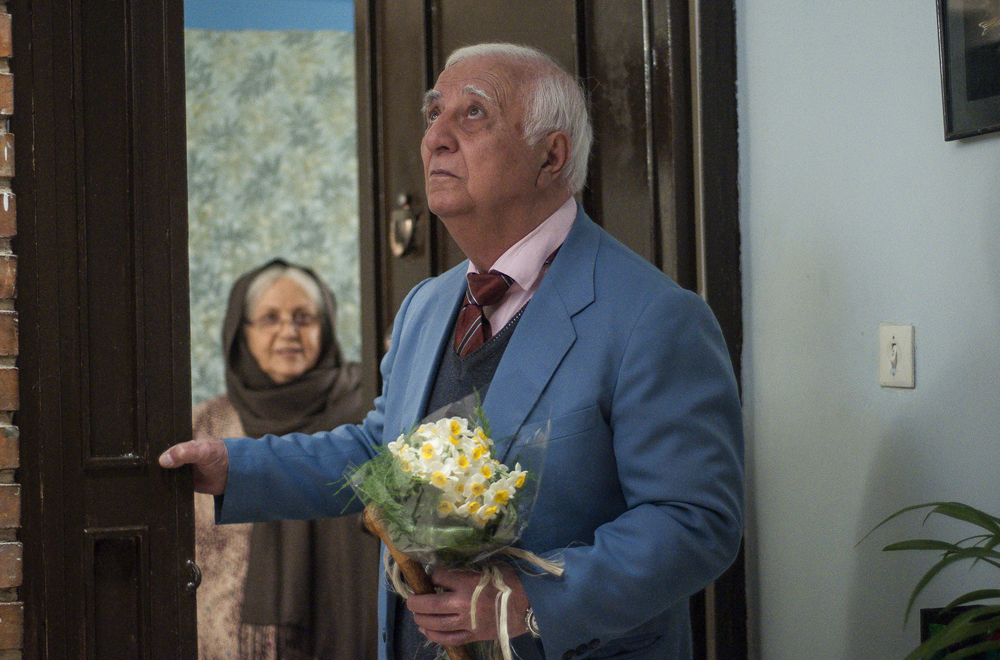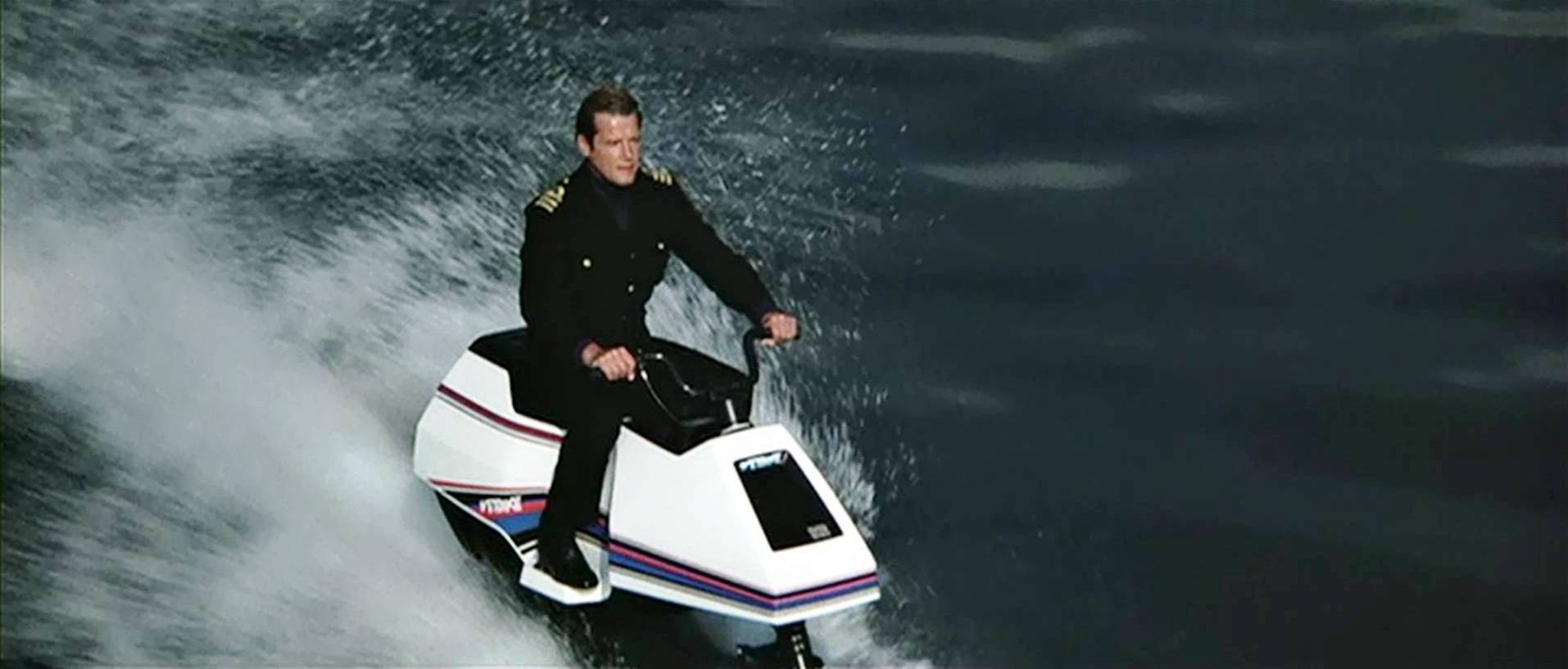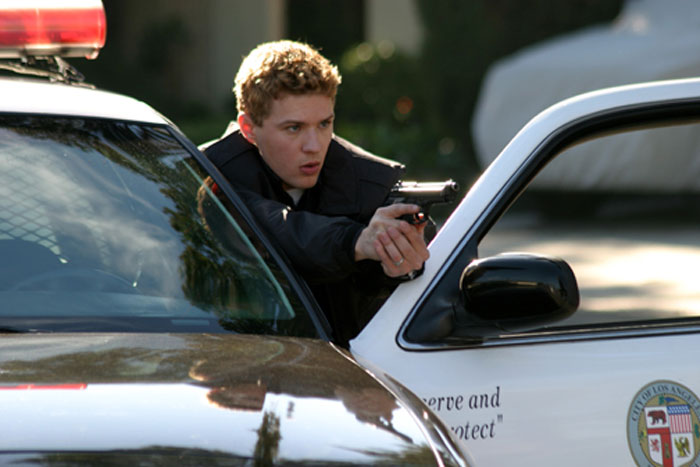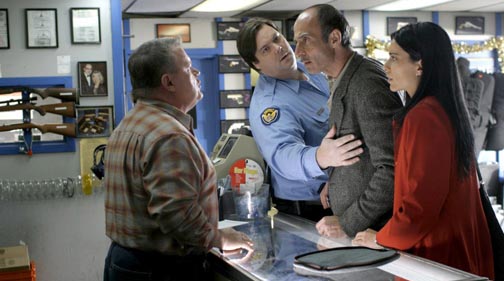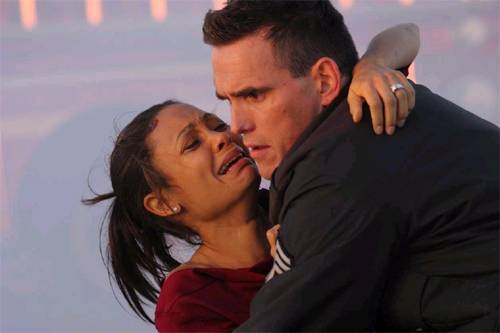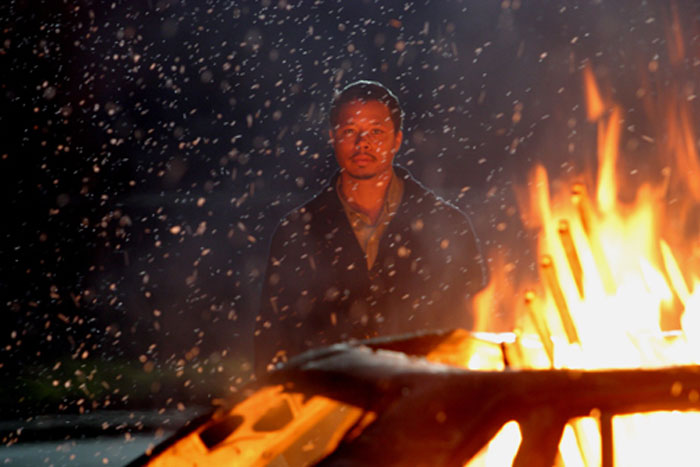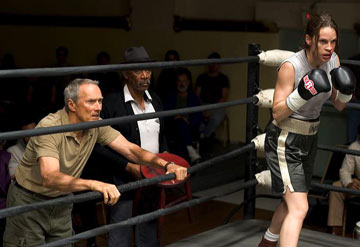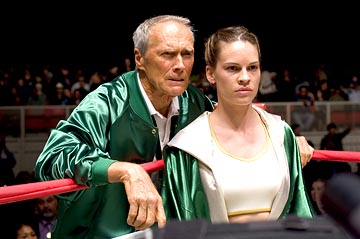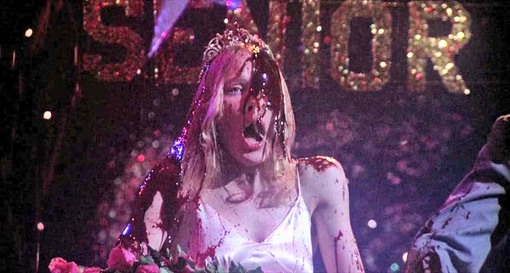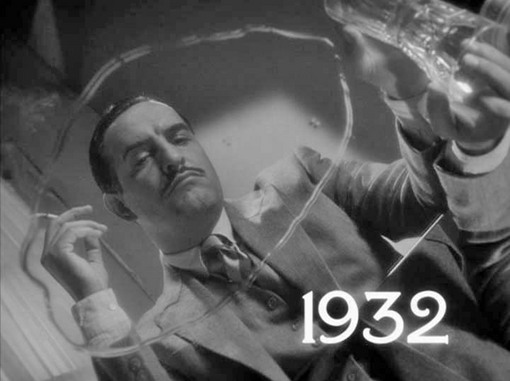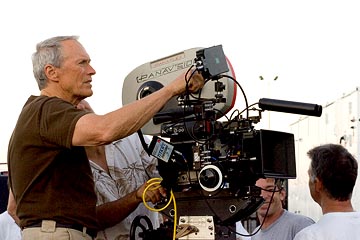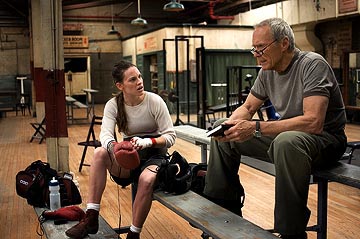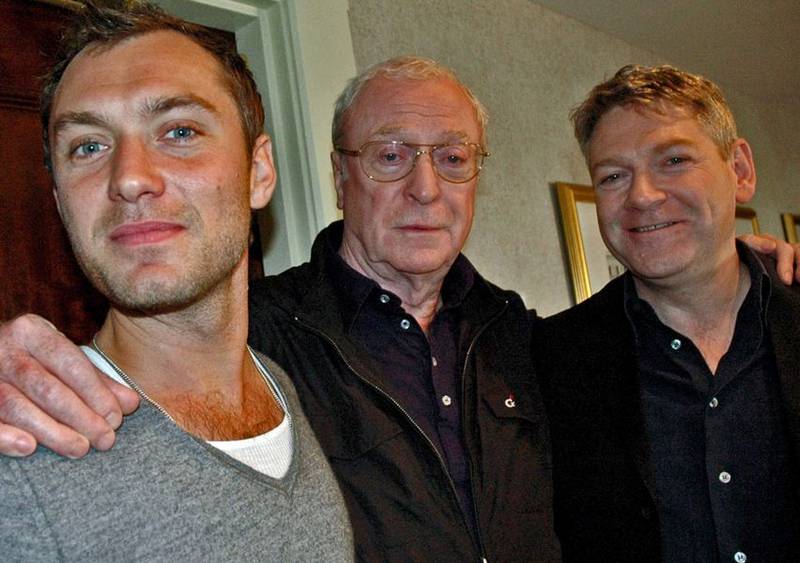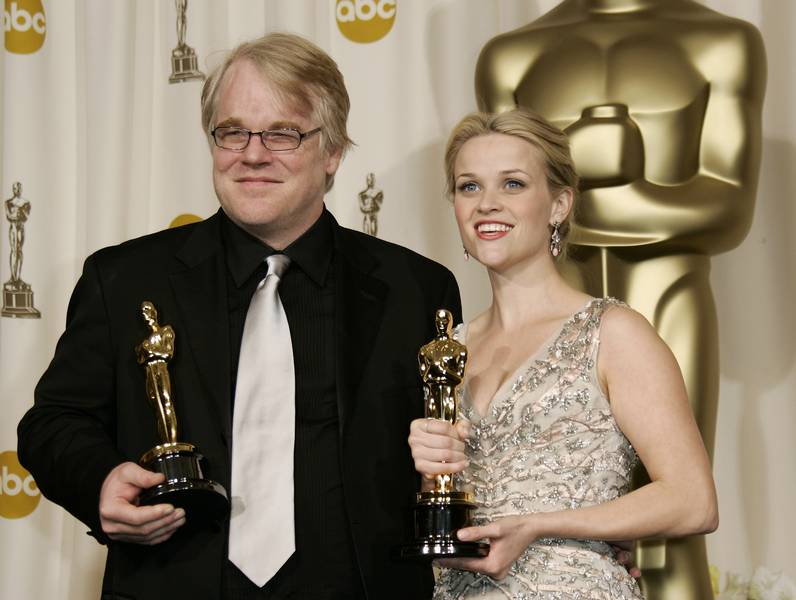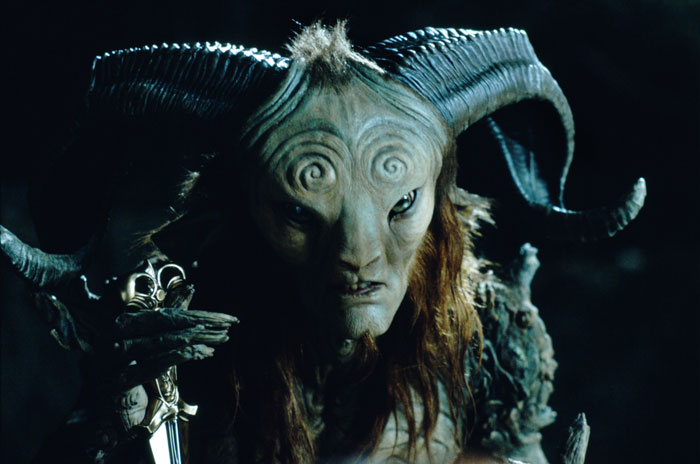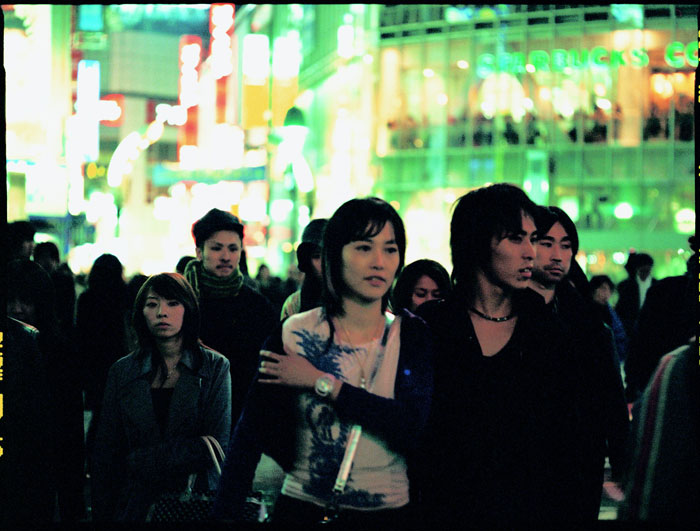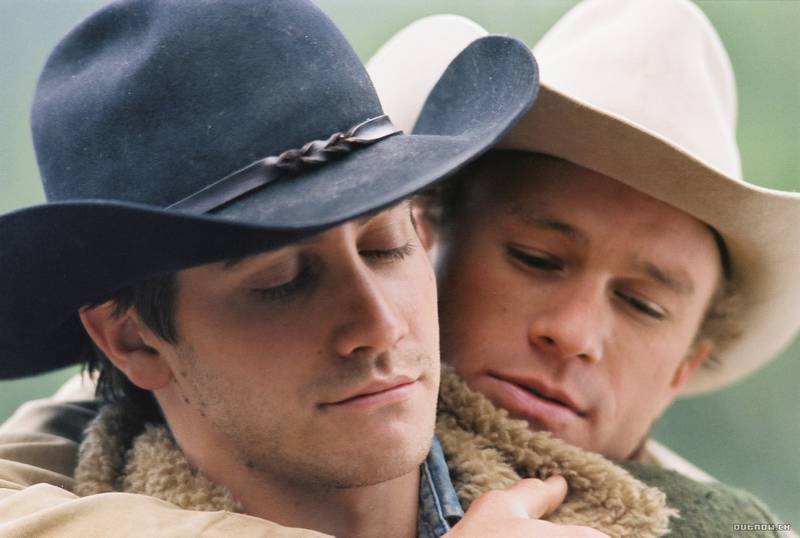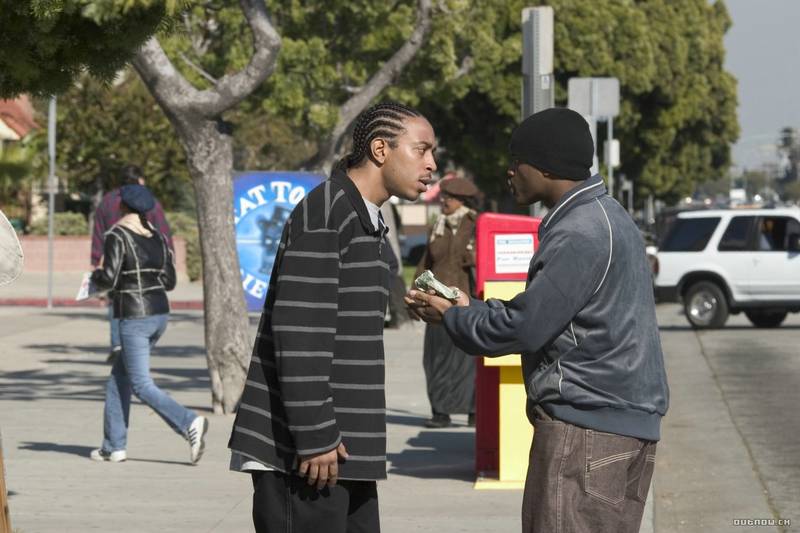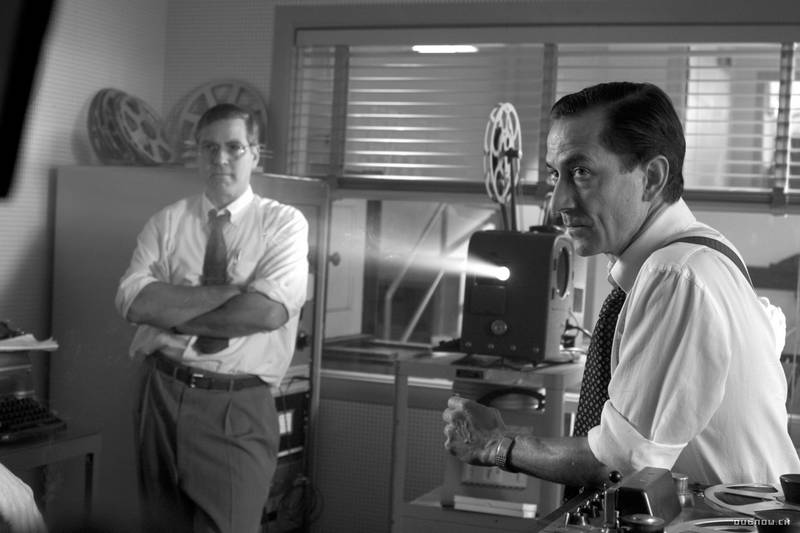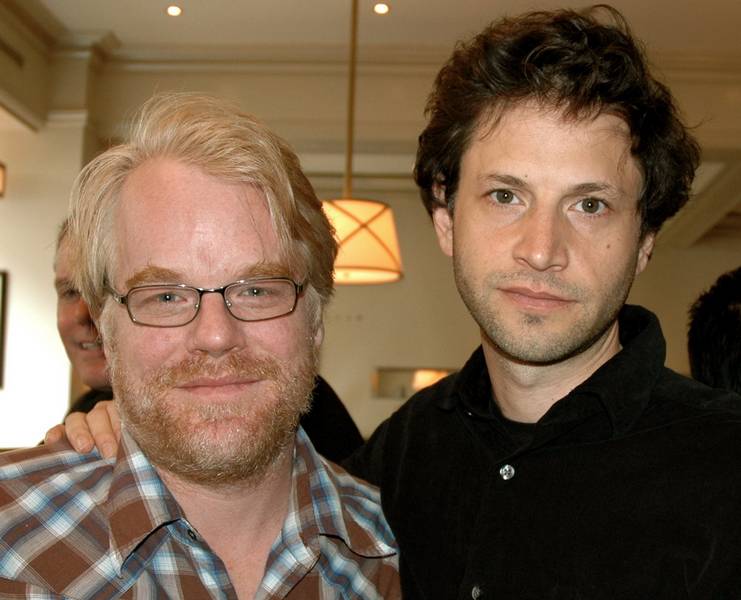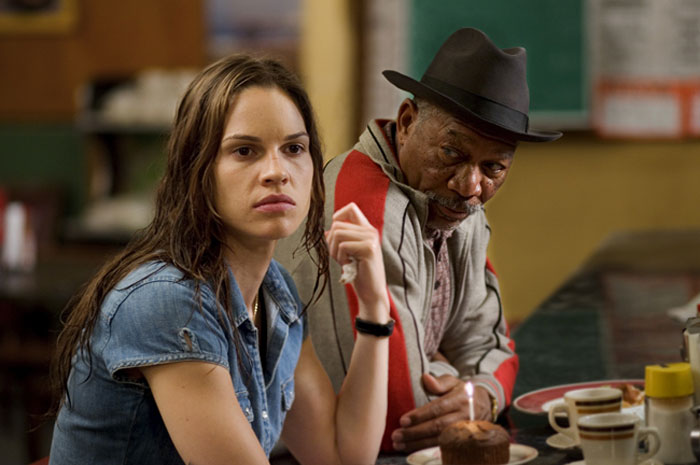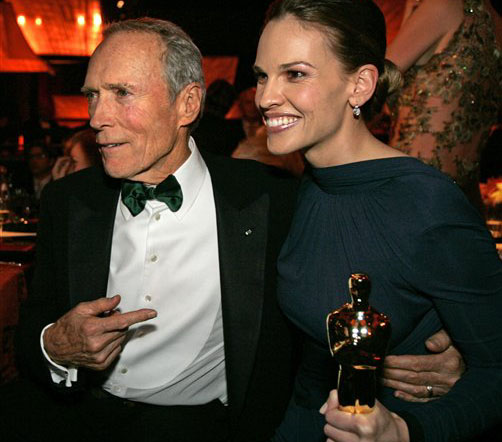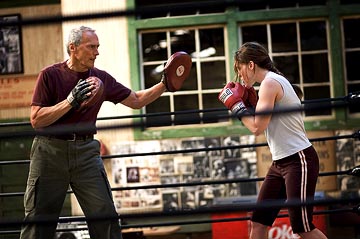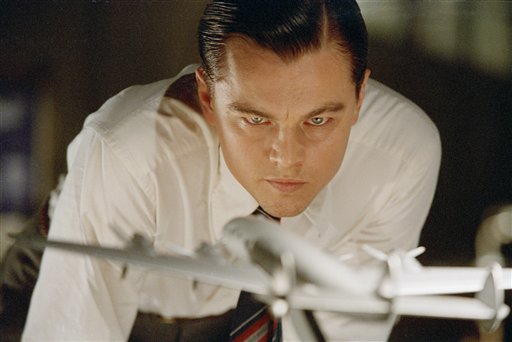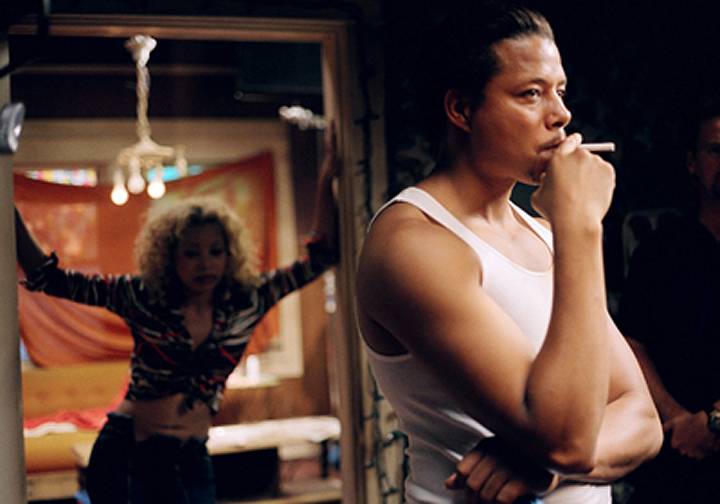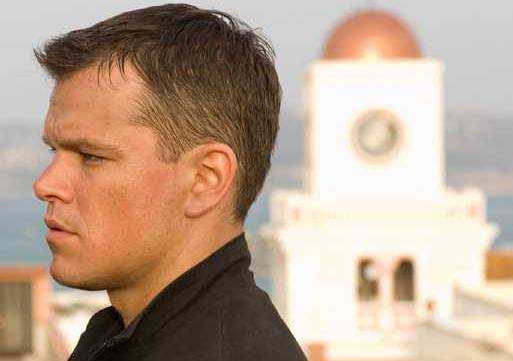Paul Haggis Movie Reviews
Blog Posts That Mention Paul Haggis
Paul Haggis on “Third Person,” “Crash,” Scientology and Truth
Matt Fagerholm
Haggis: Love it or hate it
Roger Ebert
A Beautiful Challenge: Guy Vandenberg and Steve Williams on 5B
Matt Fagerholm
TIFF 2007: Movie bloggers EXPOSED!
Jim Emerson
Obligatory Oscar analysis!
Jim Emerson
Reviews: Some great lines about movies I haven’t yet seen
Jim Emerson
Magnolia: One Day in the Valley
Seongyong Cho
An American Hero Returns in Thrilling New Series, Tom Clancy’s Jack Ryan
Nick Allen
The History of Hollywood’s Difficult Women
Kristen Lopez
Lightening the Load: Miles Teller, Jason Hall & Adam Schumann on “Thank You For Your Service”
Nick Allen
CIFF 2016: “Sieranevada,” “Olli Mäki” are Festival Favorities
Nick Allen
Tribeca 2016: “Midsummer in Newtown,” “The Last Laugh” & “My Scientology Movie”
Sheila O'Malley
“La Dolce Vita” No More: On The Current State of Foreign-Language Film Distribution
Steve Erickson
CIFF 2015: “A Very Ordinary Citizen,” “Stinking Heaven,” “Looking for Grace”
Nick Allen
HBO’s “Show Me a Hero” is the Mini-Series of the Year
Brian Tallerico
The RogerEbert.com Interviews of 2014
The Editors
Roger Moore’s Best: “The Spy Who Loved Me”
Gerardo Valero
Why ‘Crash’? Some theories…
Jim Emerson
Who let Ebert pick the Oscars?
Roger Ebert
I’ve seen that film before…
Roger Ebert
Against ‘Crash,’ not pro-‘Brokeback’
Roger Ebert
A Midshipman dismisses ‘Annapolis’
Roger Ebert
‘Crash’: Overkill filmmaking 101
Roger Ebert
Had to pop three Advil
Roger Ebert
An ‘After School Special’
Roger Ebert
Bias is an everyday reality
Roger Ebert
‘Crash’: Glorified student film?
Roger Ebert
Tommy Lee Jones plays his hometown
Roger Ebert
‘Crash’: Black, white gray
Roger Ebert
Simply not the best
Roger Ebert
The year’s ten best films and other shenanigans
Roger Ebert
In defense of the year’s ‘worst movie’
Roger Ebert
Ebert’s Best 10 Movies of 2005
Roger Ebert
Readers clash over ‘Crash’
Roger Ebert
Critics have no right to play spoiler
Roger Ebert
Critics are fighting it out: It’s ‘Baby’ vs. ‘Sideways’
Roger Ebert
“You’re taking this very personal…”
Jim Emerson
The promotional poetry of the MPAA
Jim Emerson
The great movies (almost) nobody voted for
Jim Emerson
The Watchmen dilemma
Jim Emerson
Funny Games: Three real-life sequels
Jim Emerson
The Evil, the Bad and the (Self-)Important
Jim Emerson
The Artist: Everybody loves/hates a frontrunner!
Jim Emerson
The best films of the decade
Roger Ebert
On Clint Eastwood directing “Million Dollar Baby”
Roger Ebert
On “Million Dollar Baby”: What the critics said
Roger Ebert
On Clint Eastwood in “Million Dollar Baby”
Roger Ebert
So many films, so little time
Roger Ebert
Toronto #8: ‘Sleuth’ finds itself a Pinter film
Roger Ebert
‘Crash’-ing a joyous Oscar party
Roger Ebert
Reading those Oscar tea leaves
Jim Emerson
List of Oscar winners
Roger Ebert
Oscar Nominations
Roger Ebert
Ebert’s take on the Oscar picks
Roger Ebert
‘Brokeback’ leads nominations
Roger Ebert
List of nominees
Roger Ebert
Ebert’s Oscar predictions (2006)
Roger Ebert
Chicago critics choose “Crash”
Roger Ebert
Guilds pick likely ’05 Oscar noms
Roger Ebert
Toronto #3: Stars galore
Roger Ebert
Oscar, Oscar: Who will win?
Roger Ebert
‘Baby’ stages late-round Oscar rally
Roger Ebert
Who will take home Oscar?
Roger Ebert
‘Aviator’ leads Oscar nominations
Roger Ebert
And the nominees are … (2005)
Roger Ebert
Autumn is rich in ‘art films’
Roger Ebert
Terrence Howard’s very good year
Roger Ebert
Hollywood lip smackdown!
Roger Ebert
Popular Reviews

The best movie reviews, in your inbox
